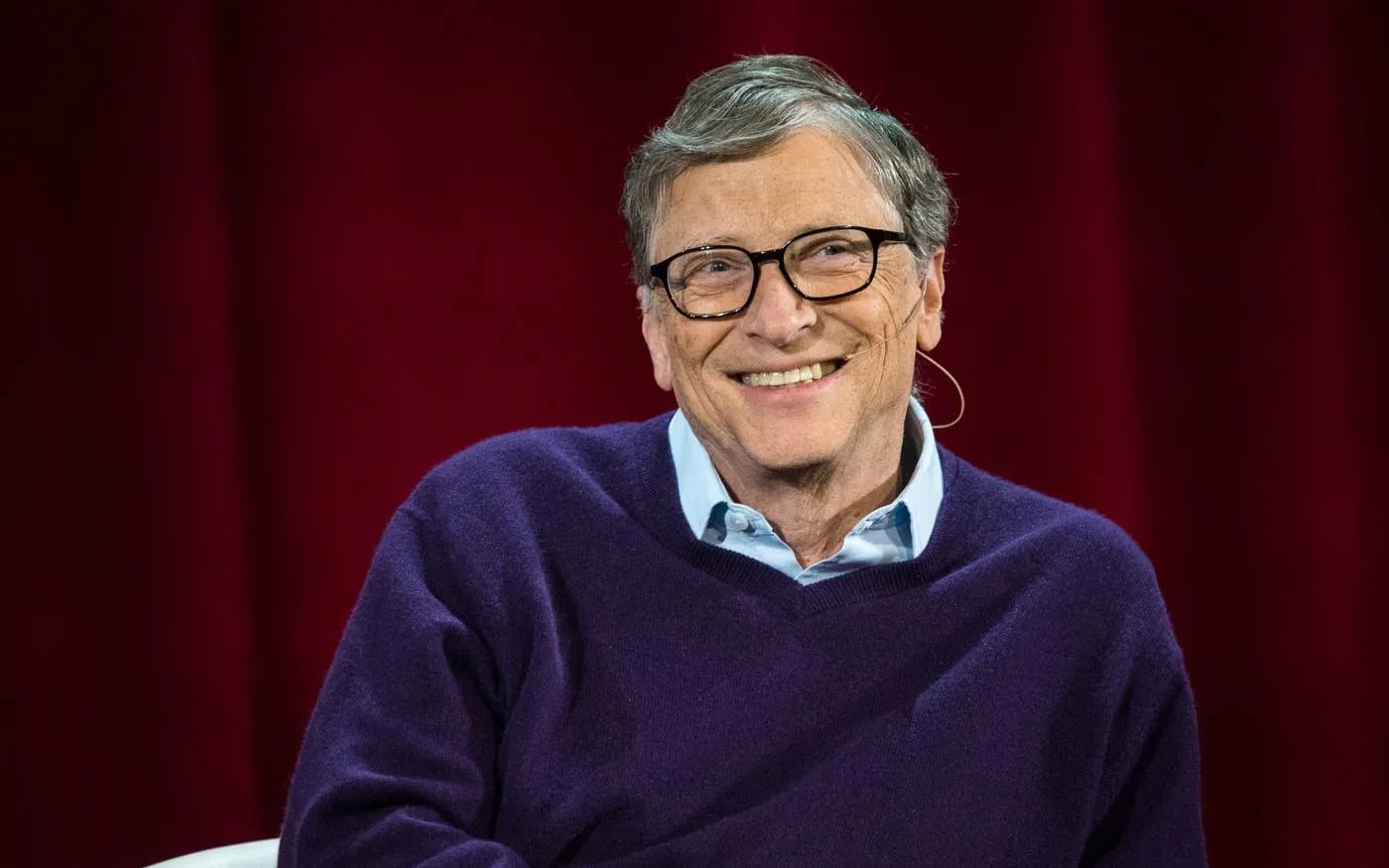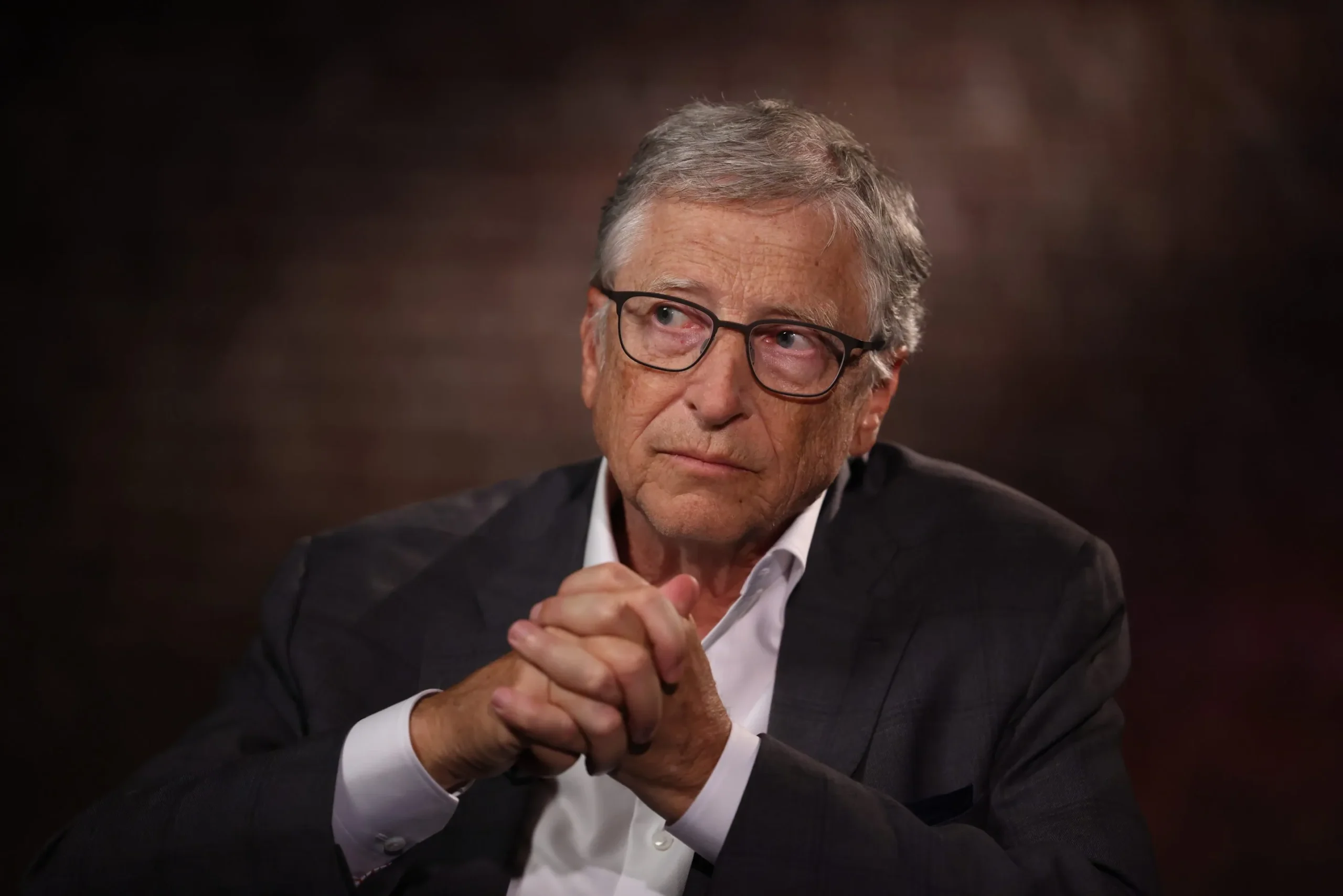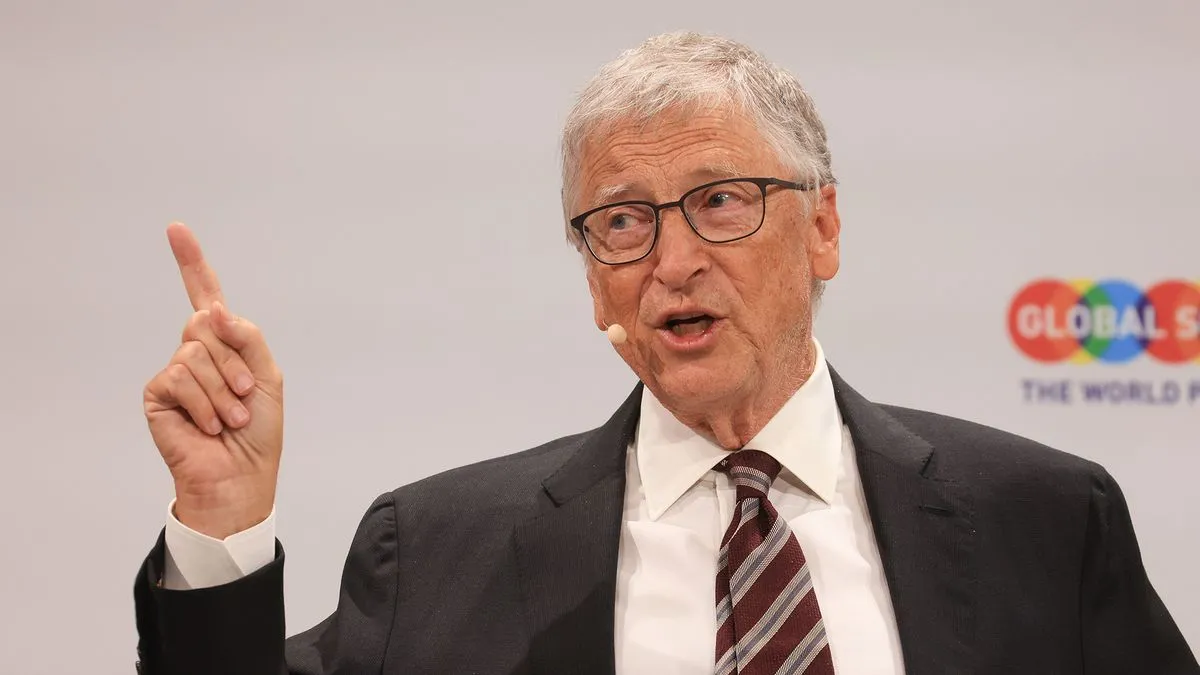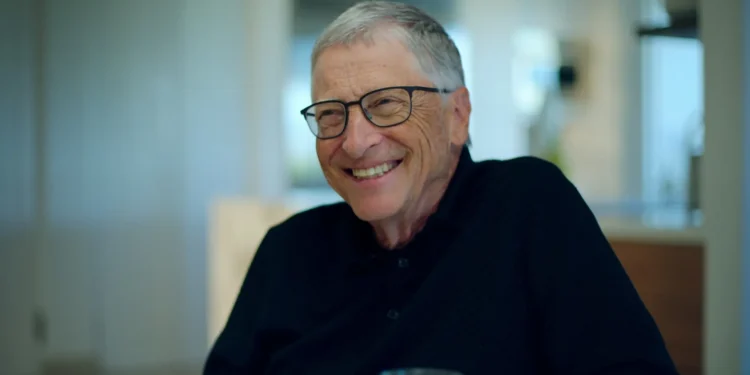In a world where the concept of a traditional workweek is continuously being challenged, Bill Gates offers a vision that might seem like science fiction: a two-day workweek within the next decade. This bold prediction hinges on the rapid advancements in artificial intelligence (AI) that could reshape how and why we work. Gates, speaking on “The Tonight Show with Jimmy Fallon,” suggests that AI’s integration into the workplace could drastically reduce the human workload, leading to a significant rethink of work-life balance.

Rethinking Work: The Impact of AI on Jobs
During his appearance with Jimmy Fallon, Bill Gates elaborated on the potential of AI to supplant humans in numerous job roles. “What will jobs be like? Should we just work like 2 or 3 days a week?” Gates pondered. His forecast is not just about cutting down hours but reimagining the purpose of work itself. “If you zoom out, the purpose of life is not just to do jobs,” he explained in a separate discussion on Trevor Noah’s “What Now?” podcast.
This isn’t the first time Gates has ventured such a prediction. In 2023, he suggested that a three-day workweek could become the norm as societies adjust to the increased efficiency brought by AI. The implications of such a change are profound, potentially boosting leisure time and fundamentally altering our daily routines.
The Benefits of a Shorter Workweek
The move towards shorter workweeks has been gaining traction, spurred by increasing awareness of worker burnout and the search for greater productivity. Studies and trials, like one that found a 24% increase in productivity with a four-day workweek, lend credence to the idea that less could indeed be more. Tokyo’s Metropolitan government, in an attempt to address demographic challenges, has also shifted towards a four-day workweek to boost birth rates and improve quality of life.

Furthermore, influential figures like Jamie Dimon of JPMorgan have acknowledged the potential of AI to reduce the necessity of work, hinting at a possible three-and-a-half day workweek, though no immediate plans are in place to implement such changes at his company.
Professions Most Affected by AI
Gates believes that certain professions, notably doctors and teachers, are on the frontline of this transformation. AI could democratize and elevate the quality of services provided in these fields, making expert advice and personalized tutoring readily available. “With AI, over the next decade, intelligence will become free, commonplace—great medical advice, great tutoring,” Gates emphasized.
Yet, not all jobs are at risk of redundancy. Gates reassured that some roles, like those in professional sports, would likely remain human-dominated. However, he envisioned a future where AI handles most logistical and production tasks, significantly alleviating human labor in these areas.
Embracing AI: A Strategy for Future Success
As we stand on the brink of this technological revolution, the key to thriving might well be the embrace of AI. With AI literacy touted as the fastest-growing skill of 2025 by LinkedIn, adapting to and integrating AI into our professional lives could be crucial. Gates advises a proactive approach: “If you can’t beat it, join it,” suggesting that embracing AI could be essential for those looking to succeed in this new era.

In summary, Bill Gates‘ vision of a two-day workweek underpinned by AI is not just about reducing hours but redefining the essence of work and leisure. As AI continues to advance, it may well free us from the daily grind, offering more time for personal growth, relaxation, and enjoyment, fundamentally altering how we perceive and value work in our lives.










